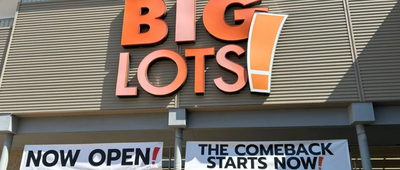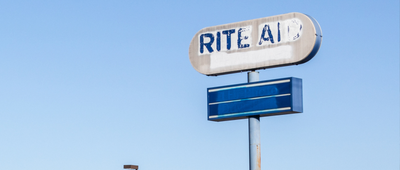BANG FOR THE BUCK
When it comes to picking the best state for a business, a lot of factors come into play -- taxes, regulation, and quality of life for workers are just a few of them. Not surprisingly, business experts have come up with a wide range of sometimes contradictory recommendations about where to set up an office, warehouse, lab, or storefront. Here are 10 states that finished at the top or bottom of recent rankings of the best and worst states for business.



















